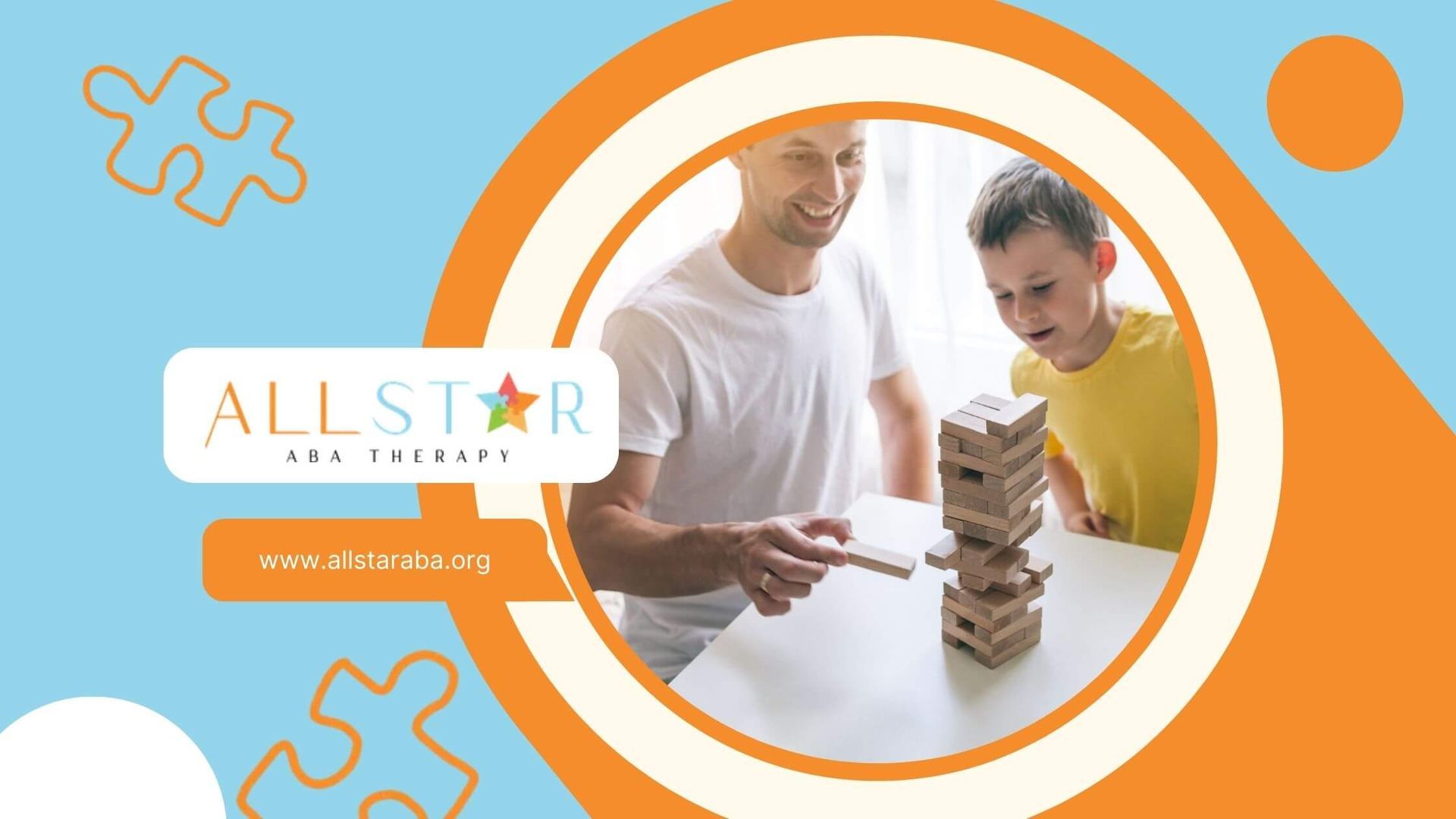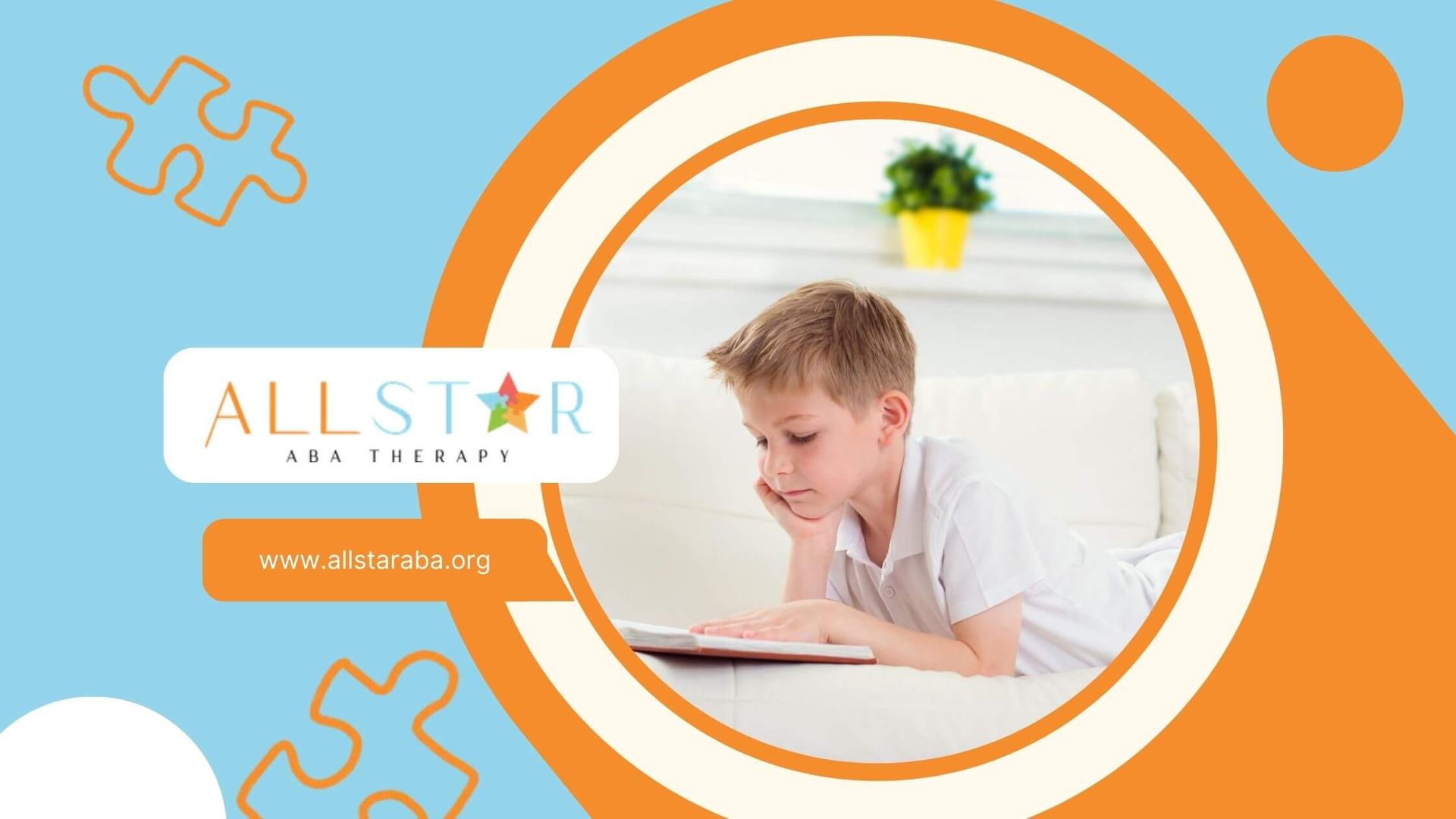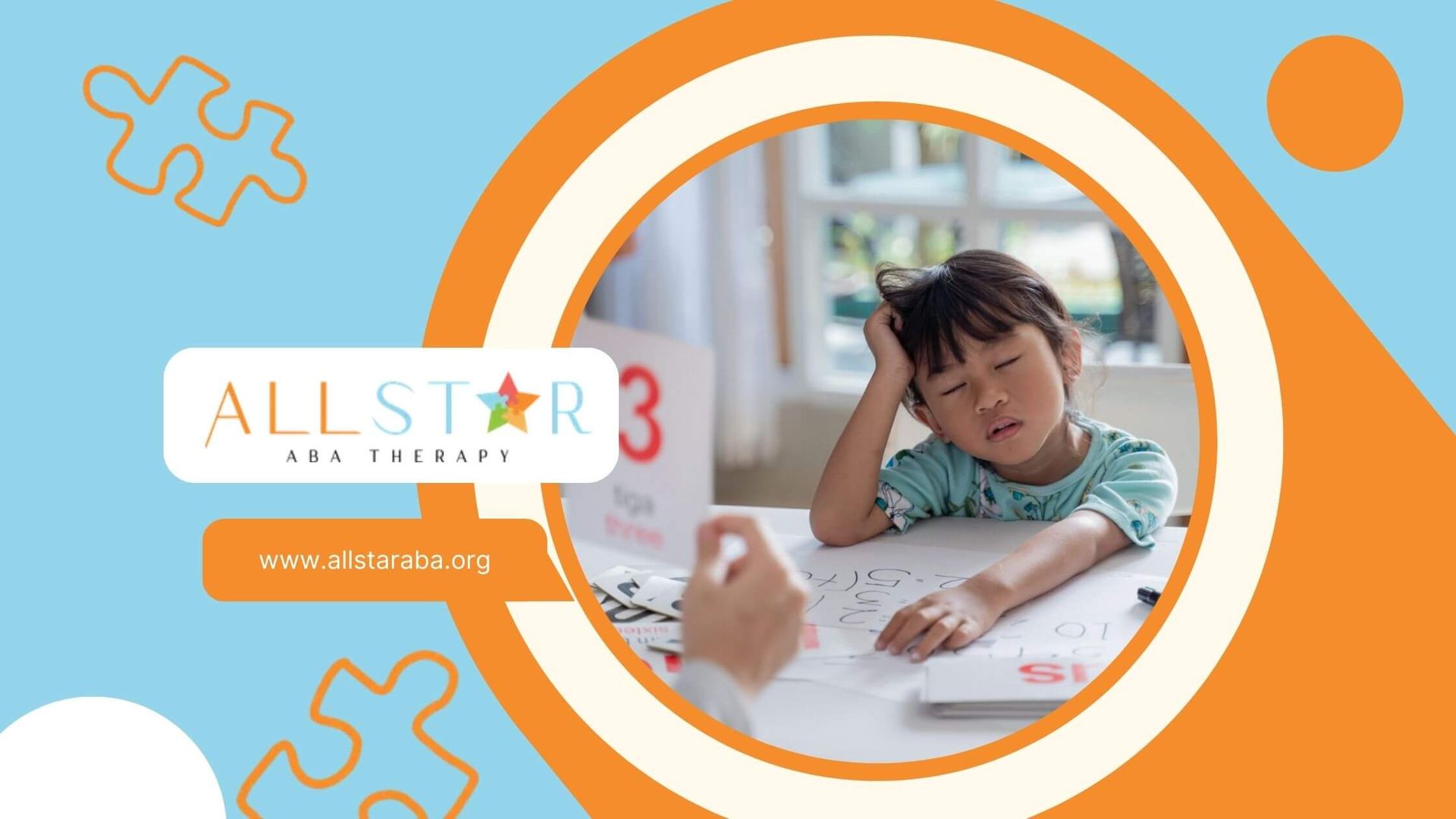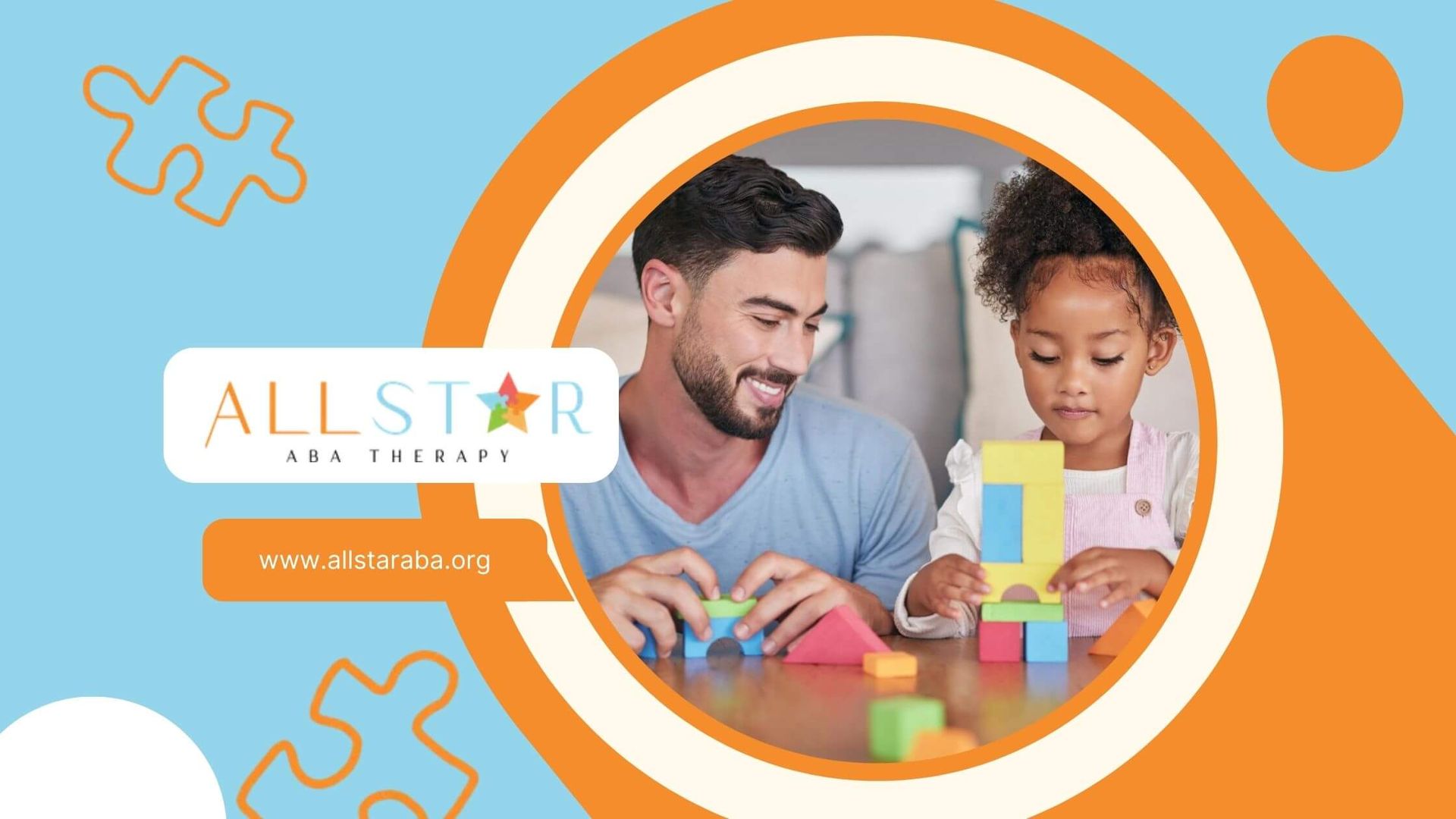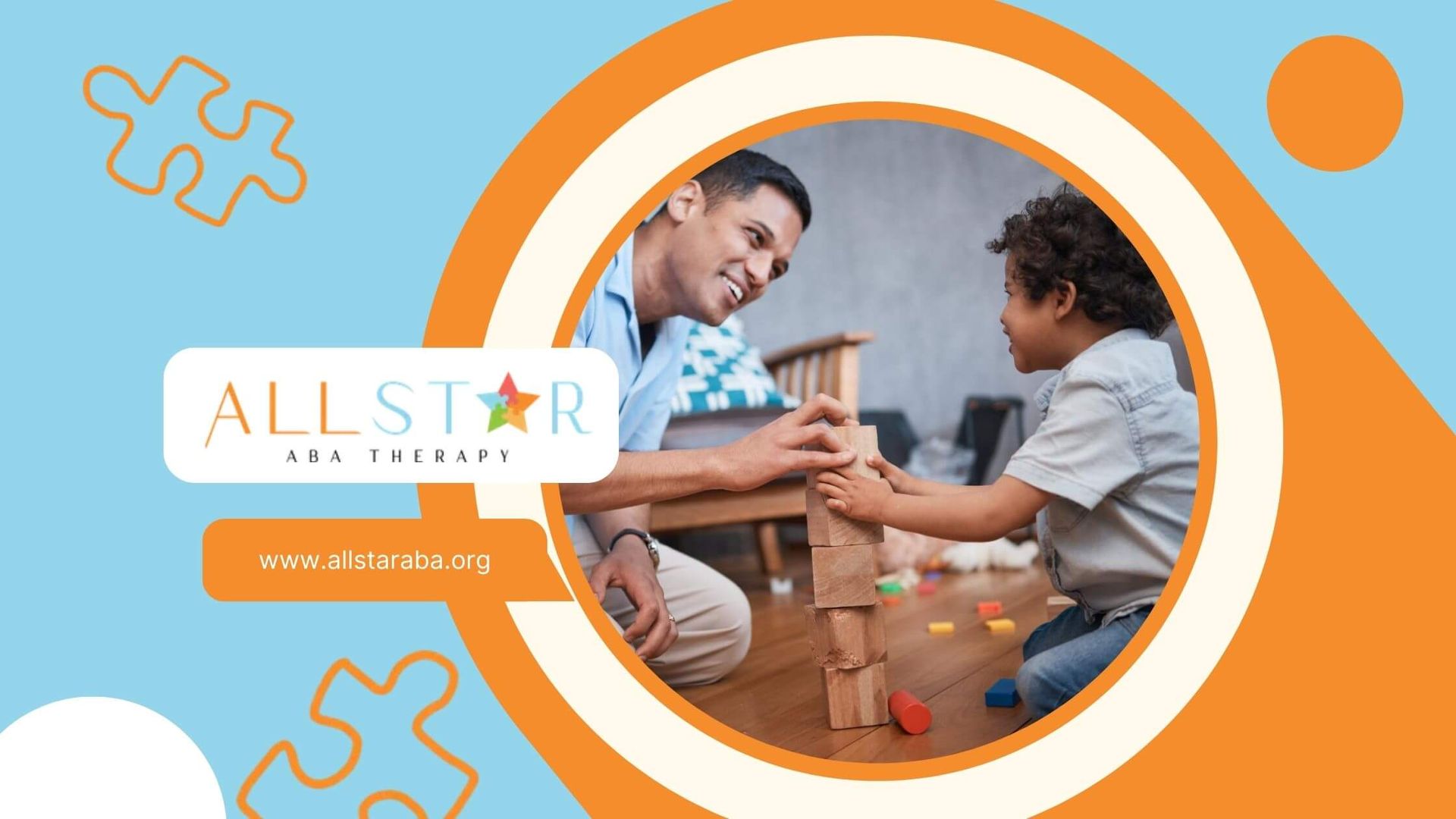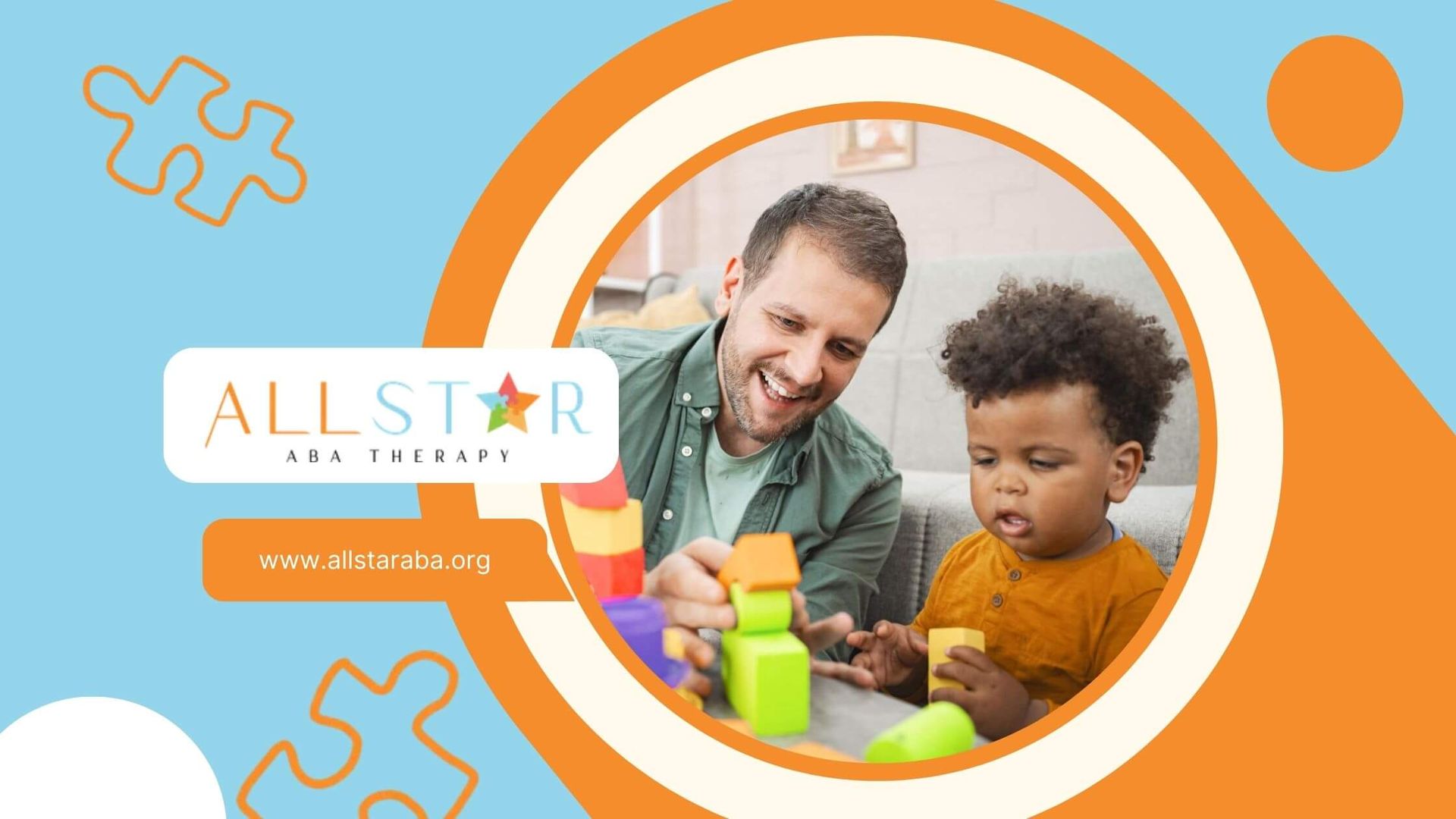New Paragraph
ABA Therapy Evaluations Explained: What Parents Should Know
Starting ABA therapy can feel like a big step. Before therapy begins, every child goes through an evaluation. For many parents, the word “evaluation” can feel intimidating—like it’s a test their child has to pass.
But that’s not what an ABA evaluation is about at all. Instead, it’s a way to learn more about your child’s strengths, challenges, and needs so that therapy can be designed just for them.
Why an ABA Evaluation Comes First
ABA therapy is always individualized. What works for one child may not work for another. That’s why the evaluation is so important—it helps the therapy team create a plan that fits your child, not a generic checklist.
Evaluations allow us to:
- Understand how your child communicates
- Learn what motivates them
- Identify areas where they need support
- Highlight skills they already have
This foundation makes therapy more meaningful and effective right from the start.
What Happens During the Evaluation
Parent Interview and History
You know your child best. That’s why evaluations often begin with a conversation with parents or caregivers. We’ll ask about your child’s development, daily routines, challenges, and goals. Your insight shapes the entire process.
Observation and Interaction
The therapist will spend time with your child in a calm, supportive setting. Instead of jumping into structured tasks, it often starts with simple play or conversation. This helps us see how your child interacts naturally.
Skill Assessments
Depending on age and needs, the evaluation may include structured activities that look at language, play, social interactions, or daily living skills.
These aren’t “tests”—they’re opportunities to see what your child can do and where they might need help.
Behavior Assessment
If your child has behaviors that interfere with learning or daily life, we’ll look at what might trigger them and why they happen. This helps us design strategies that actually work in real life.
How Long Does an ABA Evaluation Take?
Evaluations can vary. Some are completed in a few hours, while others may happen across multiple sessions. The length depends on your child’s age, attention span, and the type of information we need to gather.
After the Evaluation: What Parents Can Expect
Once the evaluation is complete, the therapist will put together a detailed report. This isn’t just paperwork—it’s the roadmap for your child’s ABA journey. It typically includes:
- A summary of strengths and needs
- ABA therapy goals that are specific and measurable
- Recommendations for therapy hours and settings
- Strategies tailored to your child’s unique personality
Parents are an important part of this process. You’ll have a chance to review the plan, ask questions, and share your input before therapy officially begins.
An ABA evaluation isn’t something to fear—it’s the first step in building a support plan that truly fits your child. Think of it as the foundation for growth, where your child’s individuality is honored and your family’s voice is heard.
At All Star ABA, we work with families in Maryland and Virginia to make this process as comfortable and informative as possible. Our team provides in-home ABA, center-based programs, school-based ABA, and ABA parent training so families feel supported every step of the way.
If you’re ready to start your child’s ABA journey, contact us today—we’d be honored to walk alongside you.
FAQs
Is an ABA evaluation stressful for children?
No. Evaluations are designed to feel comfortable, often starting with play and natural interaction.
Do parents need to prepare for the evaluation?
Not in a formal way. Just come ready to share insights about your child’s routines, strengths, and challenges.
Will I get results right away?
You’ll usually receive a written report and recommendations shortly after the evaluation, followed by a meeting to review the plan together.
Sources:
- https://www.autismspeaks.org/applied-behavior-analysis
- https://online.regiscollege.edu/blog/aba-therapy-examples
- https://my.clevelandclinic.org/health/treatments/25197-applied-behavior-analysis
- https://pmc.ncbi.nlm.nih.gov/articles/PMC7421097/
- https://pmc.ncbi.nlm.nih.gov/articles/PMC9458805/
Need Support?
We're Here to Help!
Our experienced team is ready to assist you. Reach out today to discuss how we can support your child's development and well-being.
Get started with expert ABA therapy today.



